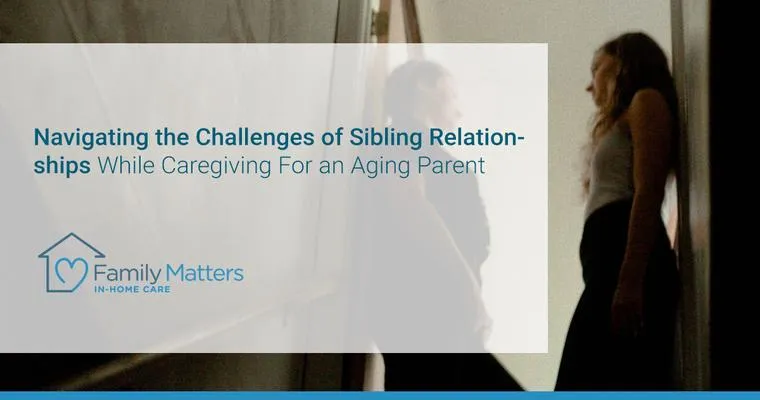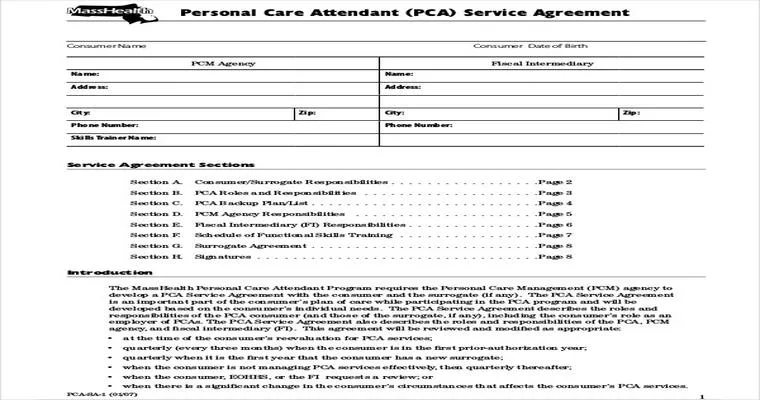Caring for aging parents can often be a challenging experience, especially when "siblings" are involved. The dynamics of sibling relationships can add complexity to "caregiving" responsibilities, leading to potential conflicts and misunderstandings. To ensure that the caregiving journey is as smooth as possible, it is essential to address these issues head-on, fostering open communication and collaboration among siblings.
One of the most common challenges in sibling caregiving is the division of responsibilities. Often, one sibling may feel overwhelmed with the bulk of the care, while others may feel left out or unsure of how they can help. To resolve this, it is crucial to have an open discussion about each sibling's strengths, weaknesses, and availability. Creating a "caregiving schedule" can help clarify who will take on specific tasks, whether it’s managing doctor appointments, handling finances, or providing daily assistance.
Another significant issue can arise from differing opinions on how to provide care. Siblings may have varying views on the best approaches to medical treatment, living arrangements, or caregiving styles. It is important to acknowledge these differences and strive to find common ground. "Compromise" is key; perhaps one sibling prefers a more hands-on approach while another advocates for more independence for the parents. Establishing a family meeting where all siblings can voice their thoughts without judgment can create a safe space for dialogue.
Emotional stress can also complicate sibling caregiving dynamics. The burden of caring for aging parents can trigger feelings of anxiety, guilt, or resentment among siblings. It is vital to recognize that these feelings are normal and should be addressed openly. Encouraging each sibling to express their feelings can lead to a better understanding of each other’s perspectives, ultimately strengthening the family bond. Seeking support from a family therapist or counselor may also be beneficial in navigating these emotional challenges.
Financial issues can further complicate the caregiving situation. Disagreements over how to allocate funds for care, medical expenses, or even living arrangements can lead to conflict. It is essential for siblings to have transparent discussions about finances and to establish a budget that everyone agrees on. Keeping detailed records and having regular check-ins can help alleviate misunderstandings and ensure that all siblings are on the same page.
Lastly, maintaining a healthy relationship among siblings while caring for parents also requires self-care. Caregiving can be draining, and it is crucial for each sibling to take time for themselves. Encouraging one another to pursue personal interests or take breaks can prevent burnout and foster a more positive caregiving atmosphere. Remember, a united front in caregiving not only benefits the parents but also strengthens the sibling relationship.
In conclusion, "caregiving with siblings" requires communication, understanding, and collaboration. By addressing responsibilities, differences in caregiving approaches, emotional stress, financial issues, and the importance of self-care, siblings can work together more effectively. With patience and empathy, it is possible to navigate the complexities of caregiving and ensure that both parents and siblings feel supported throughout the journey.





